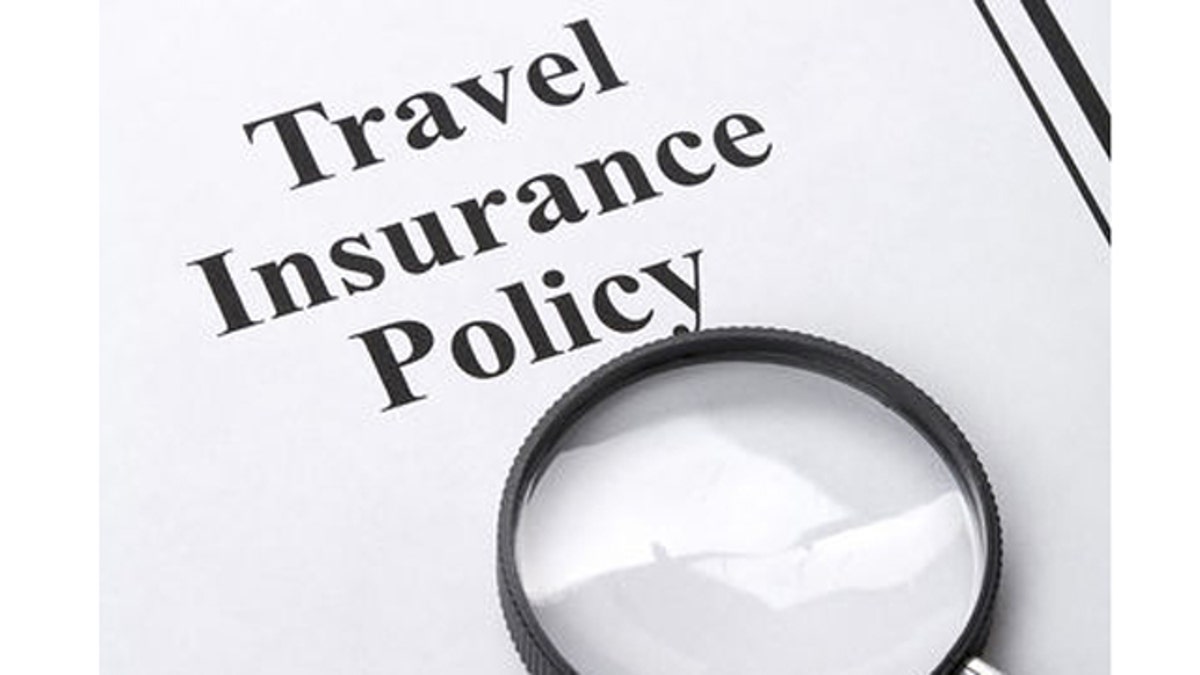
(iStock)
In many cases, travel insurance can alleviate some of the financial burdens that go along with canceled hotel rooms, missed flights or lost baggage. Other times, the cost of travel insurance, including premiums and day rates, won't add up.
Travel insurance can be purchased to cover a series of possible factors: accidents, illness, delayed or missed flights, terrorism and even death. Depending on the kind of trip you are taking, travel insurance may or may not be a good idea, according to travel expert Rick Steves.
When risks are low or nonexistent, the expense of insurance might outweigh the expense of what you are trying to protect. Here are a few situations where you might want to refuse travel insurance.
The trip is inexpensive
Check your airline’s cancellation policy. In some cases, it might allow for a full or partial reimbursement of a ticket, negating the need for trip cancellation insurance. Even if your tickets are nonrefundable, you might opt to forgo travel insurance if you are either flying with an inexpensive airline and staying at a cheap hotel. If for some unforeseen reason you need to skip your vacation, it might not be worth the day rate of most insurance programs, according to Rick Steves.
Your luggage (or what it contains) is not valuable
Sometimes we pack priceless, sentimental treasures or expensive electronic equipment, such as jewelry or laptops. Other times, we pack a pair of jeans, a few t-shirts and a toothbrush. In the latter circumstance, baggage insurance certainly isn’t required. According to the consumer travel website, Travel Insurance Review, if you know items in your suitcase can be easily replaced, "you probably have no need for travel insurance baggage protection."
Everyone is healthy
Health can be a big concern when traveling. If you are considering medical insurance, figure out first whether your regular insurance will cover you and your family abroad. Sometimes medical visits are available at inexpensive rates and well-informed pharmacists can be found everywhere. When traveling to destinations where you might be at risk for disease, make sure to obtain available vaccinations prior to the trip, experts advise. If your insurance covers you abroad, added medical travel insurance does not justify the price.
Timing is not crucial
If missing a flight or organized tour is too costly, it makes since to consider connection and delay insurance, which reimburses your airline fees and pays the other expenses to get you back on schedule. Rick Steves also suggests checking with the bank or credit card you used to purchase the ticket or tour to see if some form of protection is offered. If timing is not of the essence when traveling, you can drop this insurance cost from your budget. If you don’t need to be somewhere at a certain time, why pay to guarantee punctuality?
